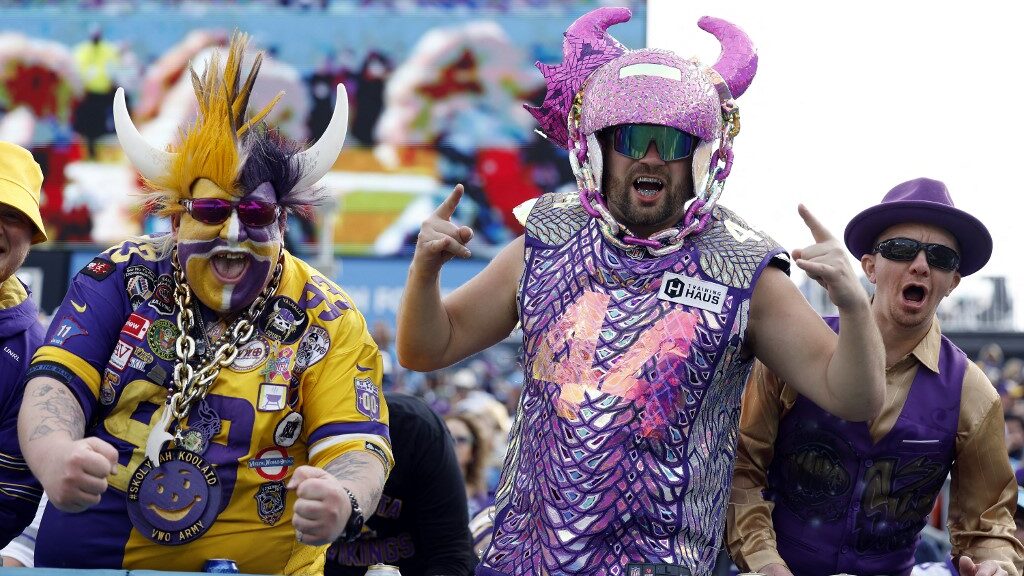
Minnesota legislators have been on the cusp of passing MN sports betting legislation, but just when it seemed a deal was done, time ran out in the last session. Yet, there appears to be motivation on both sides of the aisle to get sports betting approved in 2025.
Control Issue
On one side of the Minnesota sports betting issue, we have the Republicans who pushed for the racetracks to get a piece of the sports betting pie, while those from the Democratic-Farmer-Labor party sided with the tribal nations and wanted to give them exclusivity. However, an eleventh-hour deal brokered between the two parties, and seemingly agreed upon by the tribes and the racetracks, was ready for a vote until time ran out in the last legislative session.
However the legislature will be convening shortly for this year’s session, and the two sides are prepared to go to work to craft a bill that will satisfy the stakeholders. It could very well take the shape of last year’s bill, but slight modifications would likely occur.
Republican Sen. Jeremy Miller has sponsored several pieces of sports betting legislation and stated he is ready to roll up his sleeves again and focus on the deal that was on the table at the end of last year’s session.
“There’s one thing that’s certain: it is time to pass a sports betting bill here in Minnesota,” Miller said in a video posted on X. “Of course, the primary focus for the 2025 legislative session will be the budget, but I remain committed to working together to get a sports betting bill passed here in Minnesota as quickly as possible. We made tremendous progress last year; we almost got there, but we didn’t quite get across the finish line.”
Democratic-Farmer-Labor Rep. Zack Stephenson has allied closely with the state’s gaming tribal nations, and their insistence on maintaining mobile and retail exclusivity has been a dealbreaker in the past. Yet, concessions to the racetracks and granting tax relief to charitable gaming organizations could be the keys to getting sports betting passed.
Sports Betting Framework
Tribal nations rely on gaming to support their communities, and any change in that landscape is diligently scrutinized by them. The tribal communities in California have repeatedly thwarted sports betting efforts by industry titans FanDuel and DraftKings by spending hundreds of millions campaigning against them because the sports betting operators did not consult the gaming tribes.
In Minnesota, the impasse is much the same, with the tribal nations demanding exclusivity over mobile and retail sports betting against the wishes of the racetracks and other entities.
The Minnesota Indian Gaming Association (MIGA) supported Representative Stephenson’s version of a sports betting bill and was eager to provide “refinements to improve the language.”
The MIGA statement said, “Gaming revenues produce the essential tax base Tribes rely on to fund basic and essential government services for thousands of tribal members. Any time state changes the gaming landscape, tribes must carefully consider whether such proposals strengthen or, in fact, threaten tribal sovereignty and self-determination.”
Should the bill resemble what was nearly agreed upon late last session, it will likely have these key components.
- Tribal nations would have exclusive authority over sports betting for bettors 21 and older, both with physical sports books in their casinos and mobile betting, using national sports betting platforms like FanDuel, DraftKings, Caesars, etc.
- The state would impose a 22% tax on net winnings but only on mobile bets placed off the reservation, not on sports betting in casino sportsbooks.
- An estimated $88 million annually will be raised in taxes from mobile sports betting, with the proceeds earmarked as follows: charitable gambling 45%, horse racing 15%, tribal equalization fund 15% for non-gambling tribes in Minnesota, 10% for problem gambling programs and education, 10% to recruit national events like the Final Four, and 5% for youth sports and activities.
- Prop bets would not be allowed on college sports.
“I think there was a lot of skepticism that at the end of the day you could find a deal that the tribes and the tracks could both support, and we believe we’re there,” Stephenson said. “It’s a major accomplishment… I think it sets the stage for future action. Now we know that the deal is there to be had.”












